
How the US plans to transform its lithium supply chain
With just 3.6% of global reserves, access to the critical mineral is vital to the country’s sustainable energy plans.
Recommendation
Just about everyone uses lithium in daily life. The batteries that power cell phones and EV are lithium, but the United States has paltry lithium reserves. Environmental and other obstacles complicate mining lithium. The threat of America depending on a geo-strategic rival for its supply of an essential material looms large. Writing for Supply Chain Dive, Deborah Abrams Kaplan explains the magnitude of the challenge and what the United States is doing about it. Automotive industry managers, anyone who uses battery-powered devices, and anyone concerned about sustainability or international politics will appreciate Kaplan’s report.
Summary
About the Author
Deborah Abrams Kaplan writes about business, insurance and healthcare for major newspapers and Supply Chain Dive.



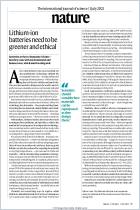
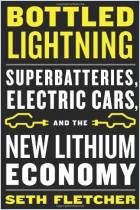

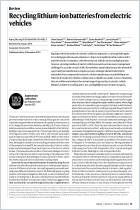
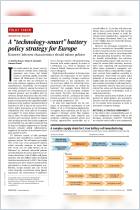


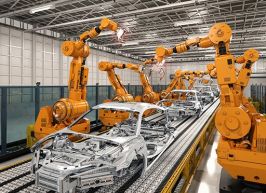


Comment on this summary